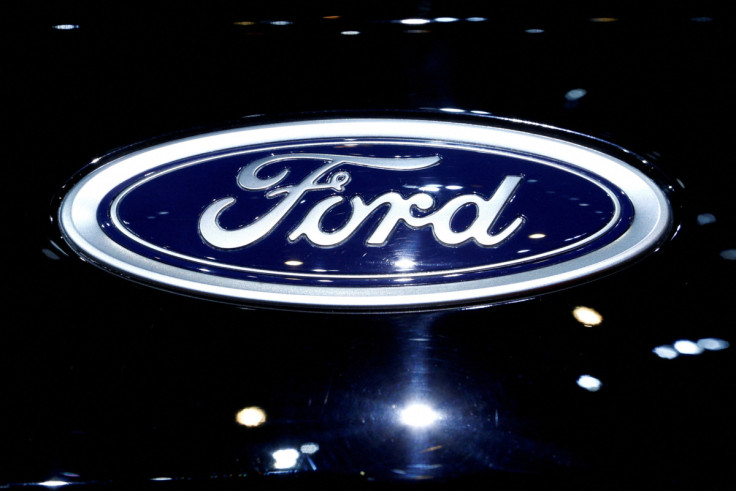Ford Pumps The Brakes On All-Electric SUV, Prioritizes Hybrid Future
Ford Motor Company announced a significant delay in the production of its highly anticipated all-electric, three-row SUV, signaling a strategic pivot towards offering hybrid options across its entire North American lineup by 2030.
The Detroit automaker revealed Thursday that it will defer the production of the large electric SUV at its plant in Canada from the initially planned 2025 launch to 2027. This decision reflects Ford's proactive approach to allow the market for electric vehicles to mature further, aligning its EV roadmap with evolving consumer preferences and emerging battery technology, the company said.

This shift in EV plans underscores the challenges faced by Ford and the broader automotive industry, with slower-than-expected adoption rates and persistent high production costs hindering the widespread proliferation of electric vehicles.
Ford's decision to delay the production of the all-electric SUV is part of a broader strategy adjustment, following the company's announcement last year to defer or cancel $12 billion in planned investments in new EVs. Jim Farley, President and CEO of Ford, reaffirmed the company's commitment to scaling a profitable EV business, emphasizing the importance of bringing the right mix of gas, hybrid, and fully electric vehicles to market at the opportune moment.
Despite the delay in EV production, Ford continues to invest in a comprehensive set of EV programs, aimed at developing a differentiated and profitable EV business over time. The company also aims to expand its hybrid electric vehicle offerings, with plans to offer hybrid power-trains across its entire Ford Blue lineup in North America by the end of the decade.
Ford's Oakville Assembly Plant in Ontario will undergo a transformative overhaul, transitioning into an EV manufacturing complex to support the company's future electrification goals. While preparations for the market launch of Ford's new three-row electric vehicles will continue at the assembly complex, the timeline has been re-timed to 2027 to allow for further market development and technological advancements in battery technology.
Acknowledging the impact of the launch delay on its Canadian workforce, Ford expressed its commitment to supporting its employees during this transition period. The company will collaborate with Unifor, the union representing Canadian autoworkers, to mitigate the impact on its Oakville workforce.
© Copyright IBTimes 2024. All rights reserved.












